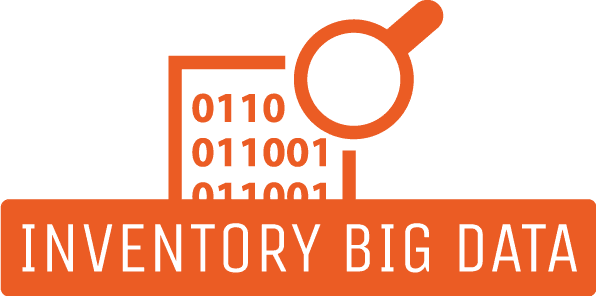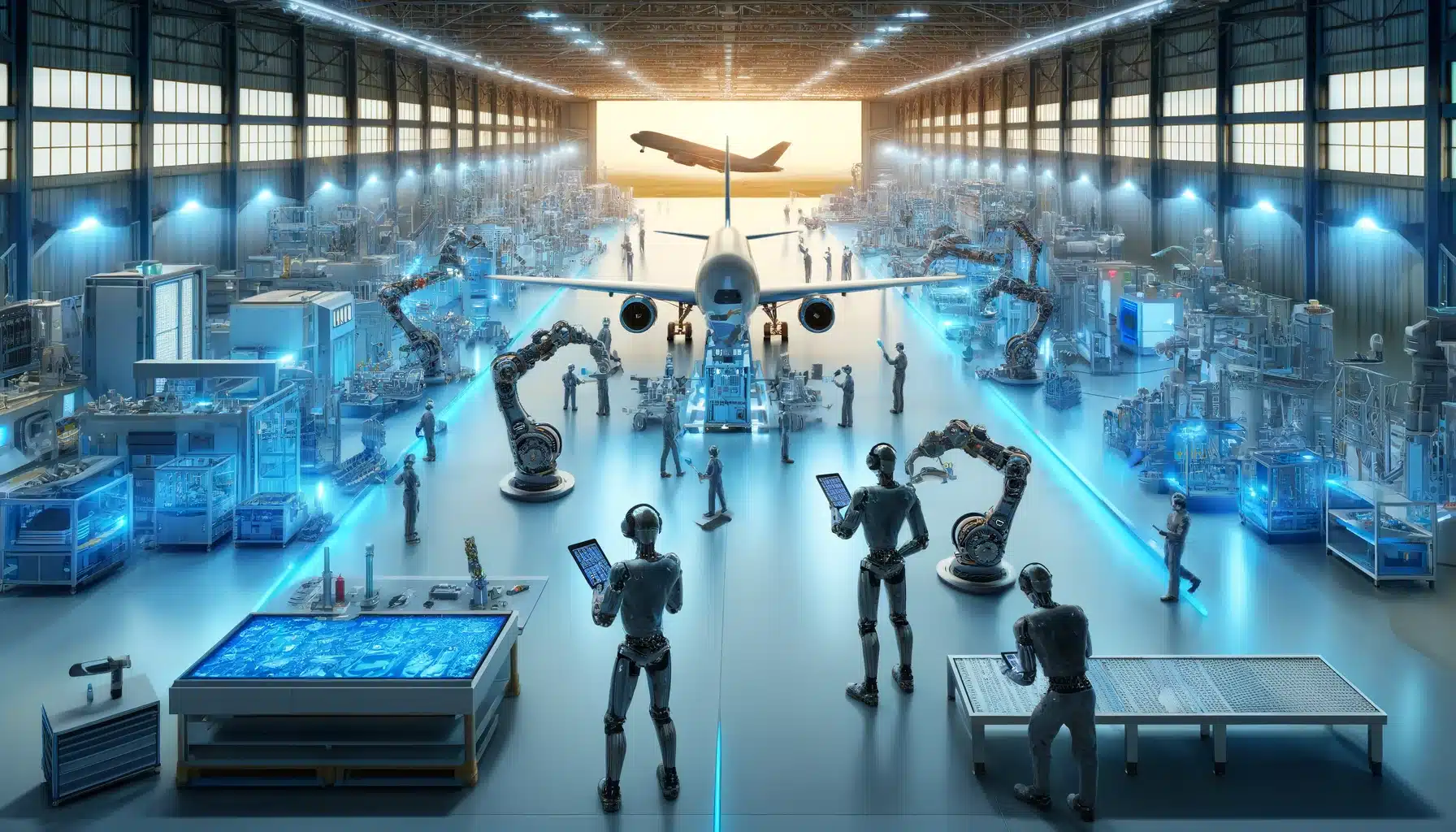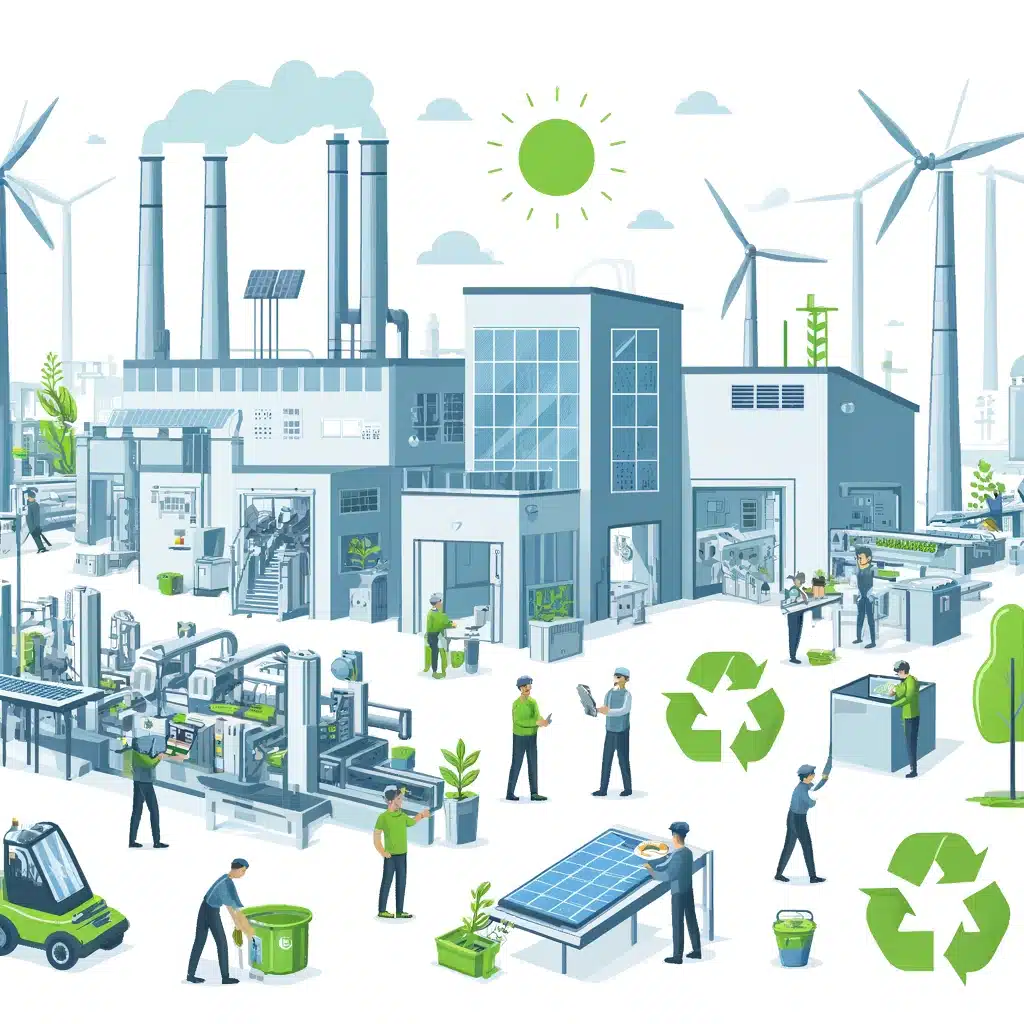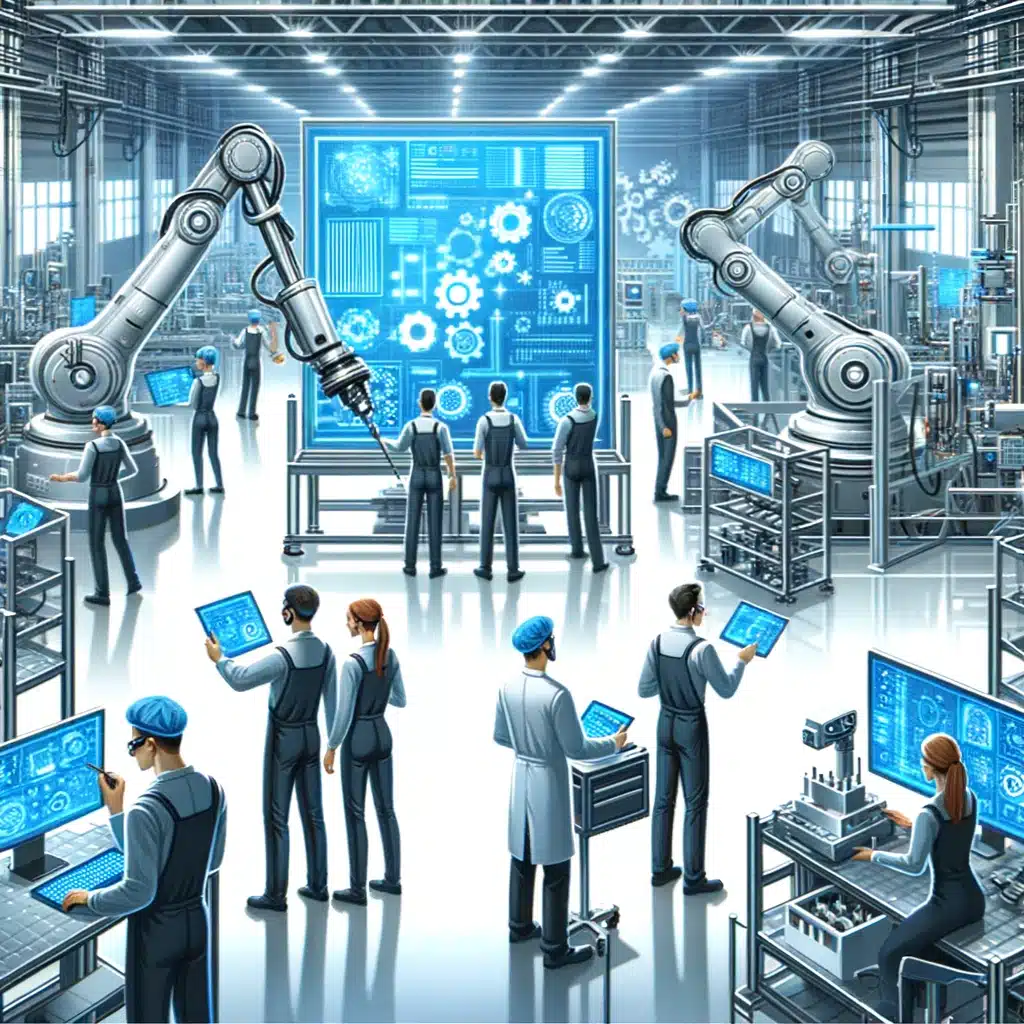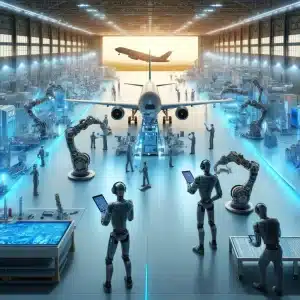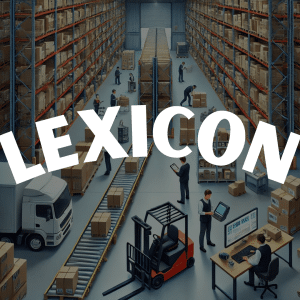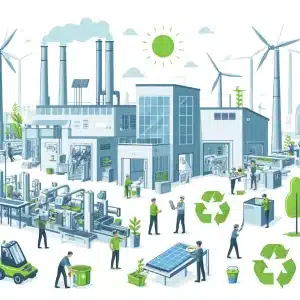Skills of the Future for Factory Workers
Explore the essential skills future factory workers need to thrive in an automated and technologically advanced workplace, including technical proficiency, digital literacy, and problem-solving abilities.
Description
Skills of the Future for Factory Workers: Adapting to an Automated and Technologically Advanced Workplace
The landscape of manufacturing is undergoing a seismic shift as automation and advanced technologies become integral to industrial operations. This evolution demands that factory workers not only adapt but also embrace a new set of skills that go beyond traditional manual labor. This article explores the essential skills that will define the future of factory work, ensuring workers are not only relevant but thrive in a technologically advanced environment.
Technical Proficiency and Machine Operation
As factories incorporate more sophisticated machinery, workers need to develop a robust understanding of these systems. The ability to operate, manage, and troubleshoot complex machinery is becoming indispensable. This includes programming robots, operating CNC machines, and understanding how integrated systems work together within a production line. Technical courses and certifications in machine operation and maintenance will become increasingly vital, providing workers with the knowledge they need to manage these advanced tools effectively.
Digital Literacy
Digital literacy is no longer just beneficial; it is necessary for modern manufacturing roles. Workers must be comfortable with digital tools and platforms, from basic computer software to more specialized manufacturing execution systems (MES) and enterprise resource planning (ERP) systems. These systems are crucial for tracking workflow, inventory, and productivity, enabling workers to interact with the digital backbone of modern factories.
Analytical Skills
With the advent of big data and predictive analytics in manufacturing, factory workers must be able to interpret and act on data. Understanding data outputs can help in predicting machine failures, optimizing production processes, and maintaining high-quality standards. Workers with the ability to analyze data effectively can contribute to continuous improvement initiatives and drive innovation within their roles.
Problem-Solving and Critical Thinking
As automation takes over more routine tasks, factory workers will encounter complex problems that require innovative solutions. Strong problem-solving and critical thinking skills will enable workers to identify issues, analyze possible solutions, and implement the most effective remedies. This skill set is particularly important when dealing with unexpected situations such as equipment malfunctions or production bottlenecks.
Adaptability and Continuous Learning
The rapid pace of technological change means that learning cannot stop at the completion of formal education or training. Factory workers must continually adapt to new tools, processes, and technologies. A mindset geared towards continuous learning and adaptability will be crucial for workers who need to stay current with evolving industry trends and technologies.
Collaboration and Communication
Modern manufacturing is increasingly collaborative, involving teams that integrate various areas of expertise. Effective communication and teamwork skills are essential to work harmoniously with colleagues from different departments, such as maintenance, quality control, and supply chain management. Workers must be able to share information clearly and efficiently, ensuring that projects remain on track and workplace safety is maintained.
Safety Awareness and Environmental Responsibility
As manufacturing processes become more complex, the importance of safety training increases. Understanding and adhering to safety protocols is crucial, not only to prevent accidents but also to ensure compliance with regulatory requirements. Additionally, as environmental sustainability becomes a priority, workers must be knowledgeable about practices that minimize waste and pollution.
Leadership and Management Skills
For those in senior roles or who aspire to them, leadership and management skills become increasingly significant. Managing teams, leading projects, and fostering a positive and productive work environment are all critical functions that require effective leadership capabilities. These skills ensure that operations run smoothly and team morale stays high.
Conclusion
The future of factory work is bright for those prepared to embrace the new skills required in an automated and technologically advanced setting. By fostering a culture of continuous improvement and learning, manufacturers can equip their workforce with the tools needed to succeed. For factory workers, staying ahead means actively developing the skills that match the pace of innovation, ensuring they remain indispensable in the evolving industrial landscape.
Additional information
| Publication | |
|---|---|
| Department | Manufacturing |
| Level | Technician |
